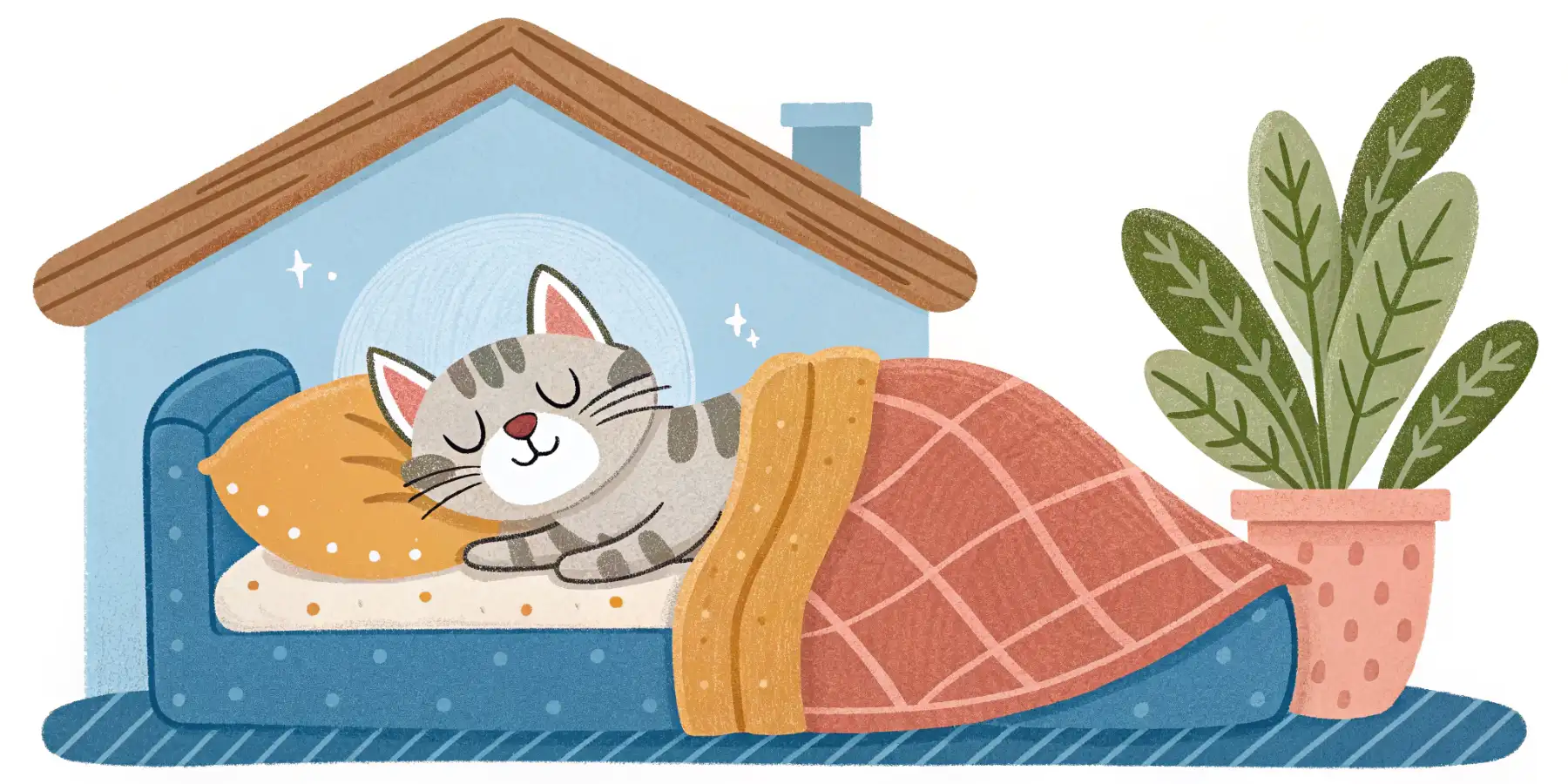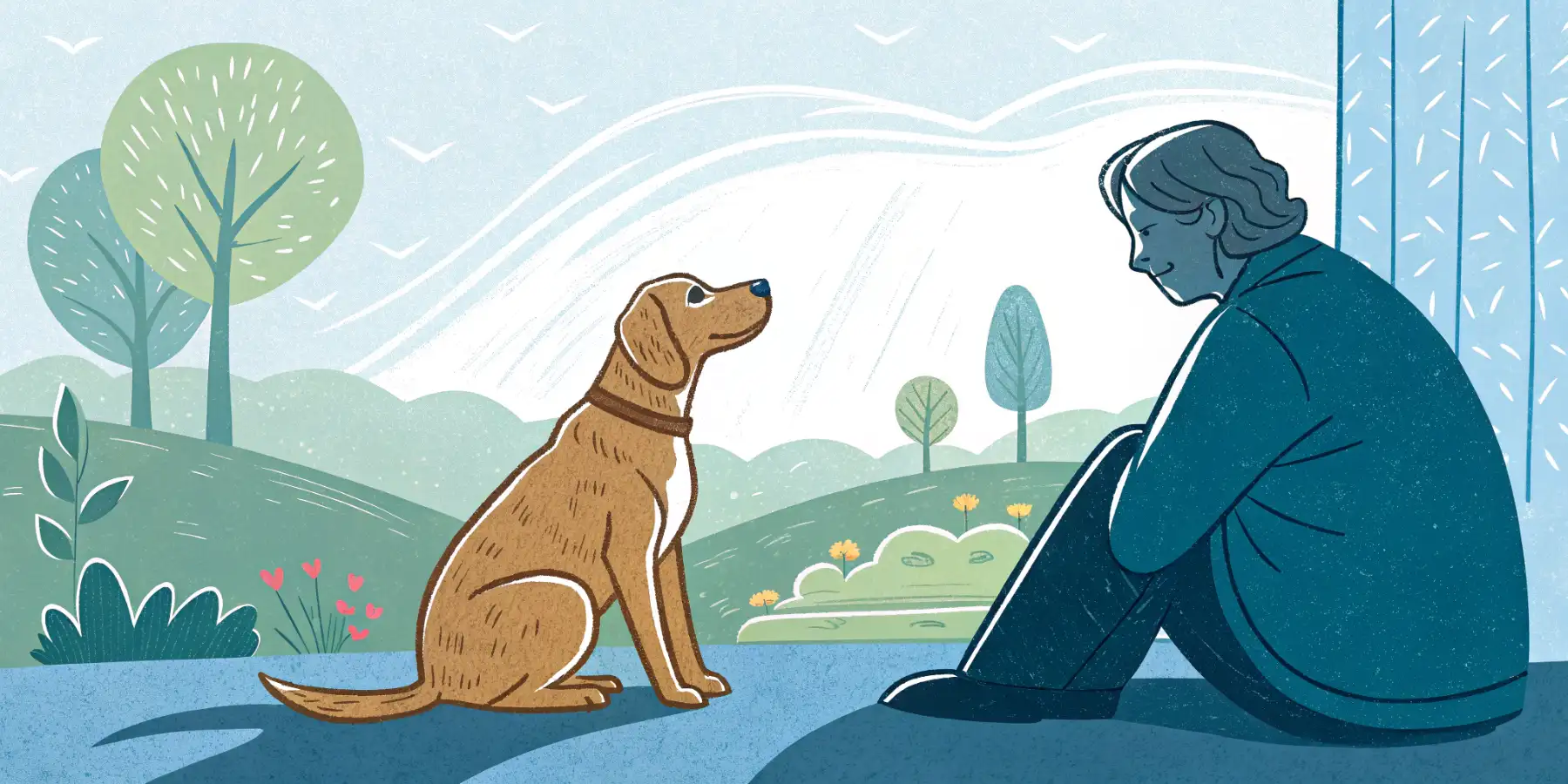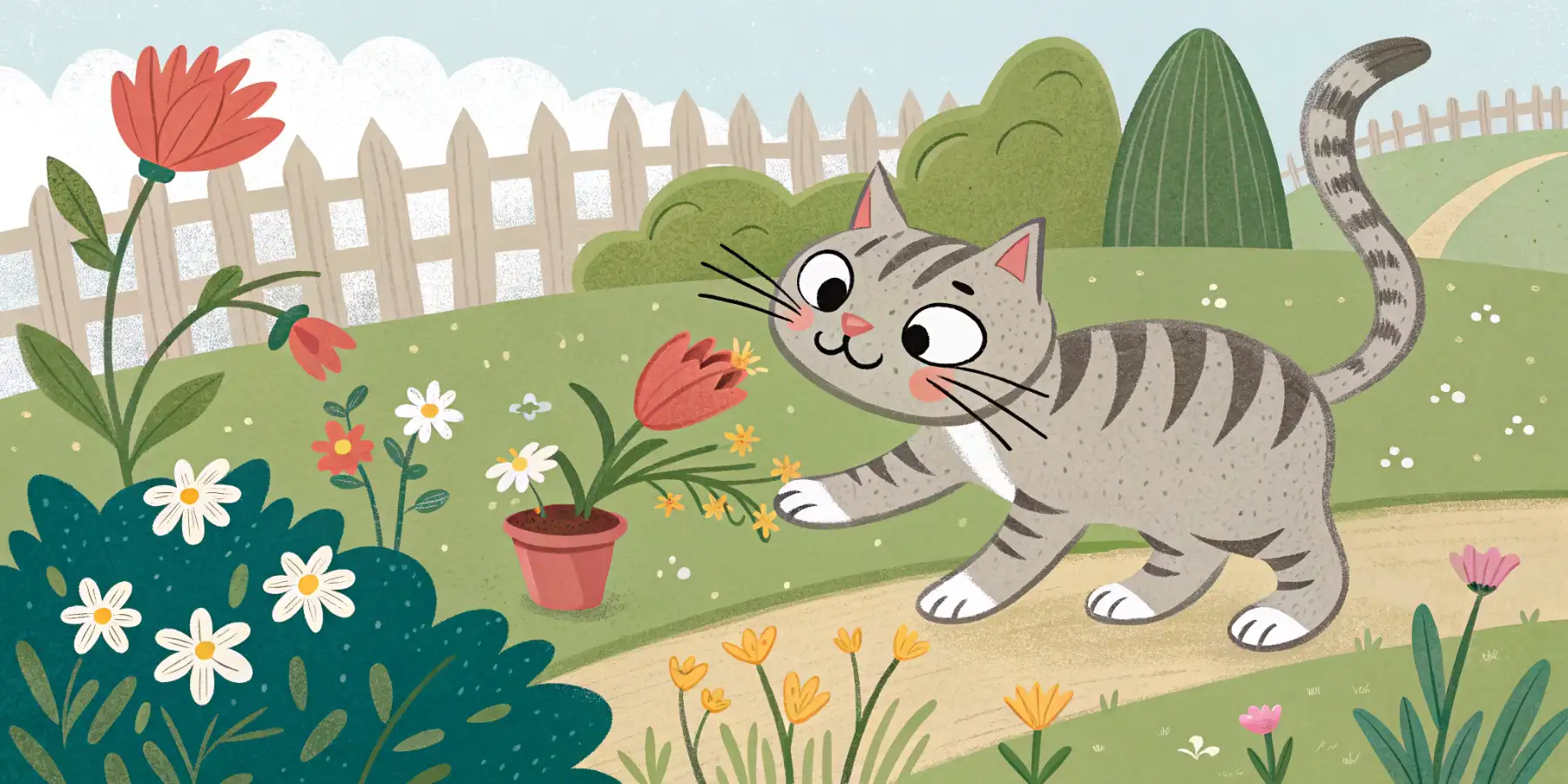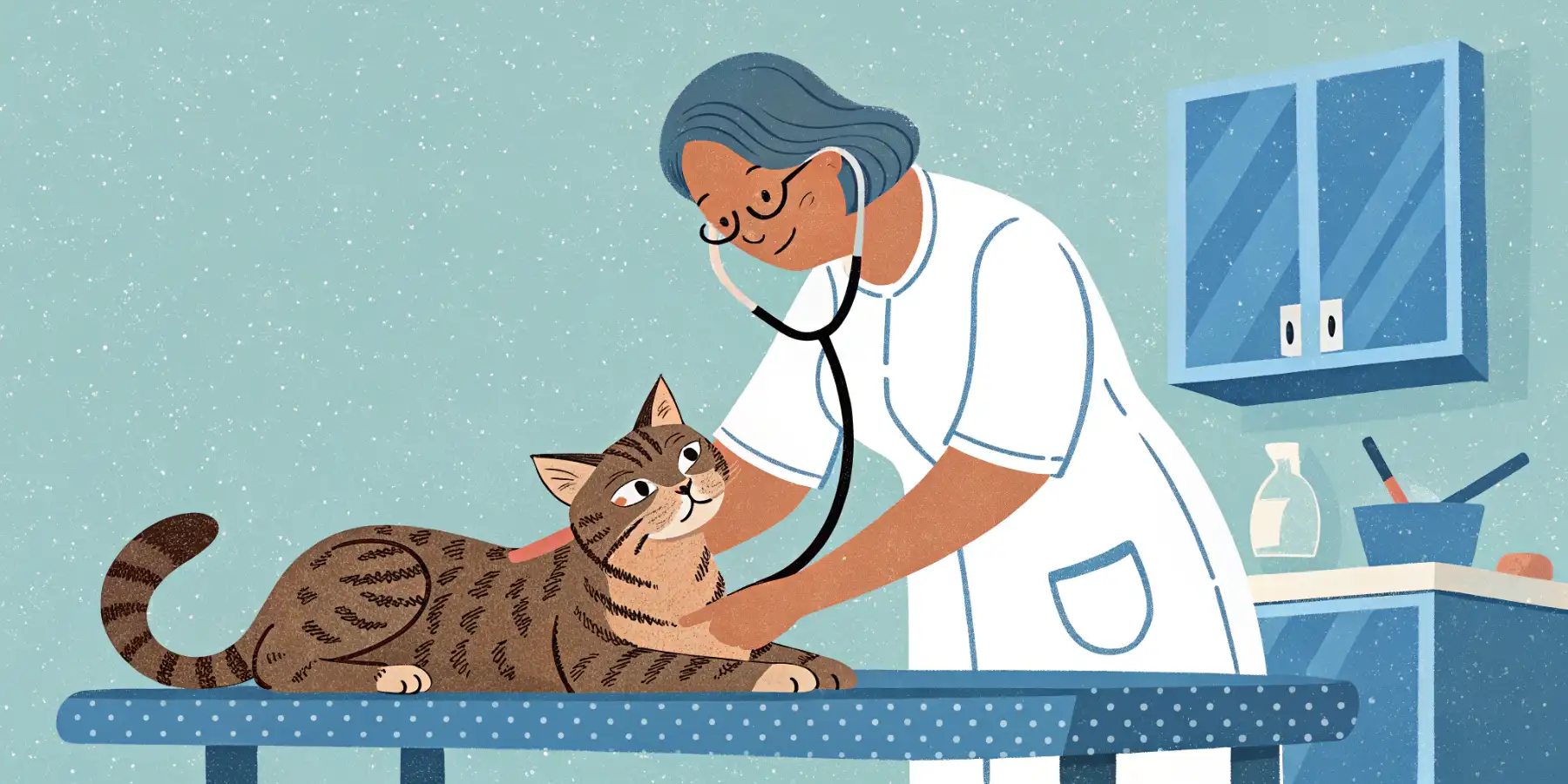
Senior Cat Care: Are 6-Month Vet Visits Enough?
Is your senior cat getting enough vet care? 6-month checkups & screening can catch hidden issues early. Learn why! #SeniorCatCare
Senior Cat Veterinary Care: Why Semi-Annual Check-Ups and Diagnostic Screening Are Crucial
As our feline companions gracefully age, their needs change. Just like humans, senior cats are more prone to certain health issues. This is why regular veterinary care, specifically semi-annual check-ups and diagnostic screening, becomes paramount. It’s not just about extending their lifespan; it’s about ensuring they enjoy a high quality of life in their golden years. We want purrs and head boops, not hidden pain and discomfort!
Defining “Senior” in Cat Years
It’s important to understand what we mean by “senior.” While there’s no magic age, most veterinarians consider cats to be senior around the age of 11. Cats in the 11-14 year range are considered senior, and those 15 years and older are often categorized as geriatric. Keep in mind that breed, lifestyle, and genetics can all play a role in how quickly a cat ages. Therefore, a cat’s veterinary care needs must be carefully tailored to that individual.
Why Semi-Annual Check-Ups?
Think of semi-annual check-ups as preventative maintenance for your feline friend. They are more frequent than annual check-ups because age-related changes can occur more rapidly in senior cats. These check-ups allow your veterinarian to:
- Detect health problems early: Early detection is key for effective treatment and management of many common senior cat ailments. Things like kidney disease, hyperthyroidism, and diabetes can be identified early on and managed effectively, leading to a better quality of life.
- Monitor chronic conditions: For cats already diagnosed with chronic conditions like arthritis, these check-ups allow for adjustments in medication, diet, and lifestyle to ensure optimal comfort and well-being. We can assess pain levels, mobility, and overall response to treatment.
- Assess nutritional needs: Senior cats often have different dietary requirements. Their ability to absorb nutrients might decrease, and they might require specialized diets to support kidney function or manage weight. Your vet can provide personalized recommendations to ensure your cat is getting the nutrition they need.
- Evaluate dental health: Dental disease is incredibly common in senior cats and can lead to significant pain and systemic health problems. Regular dental exams and cleanings are crucial for maintaining oral health and preventing infections.
- Discuss behavioral changes: Sometimes, changes in behavior can be early indicators of underlying medical conditions. A vet can help you differentiate between normal aging and signs of a problem. Is your senior cat suddenly using the litter box outside of the box? This can often indicate a urinary tract infection or kidney problem.
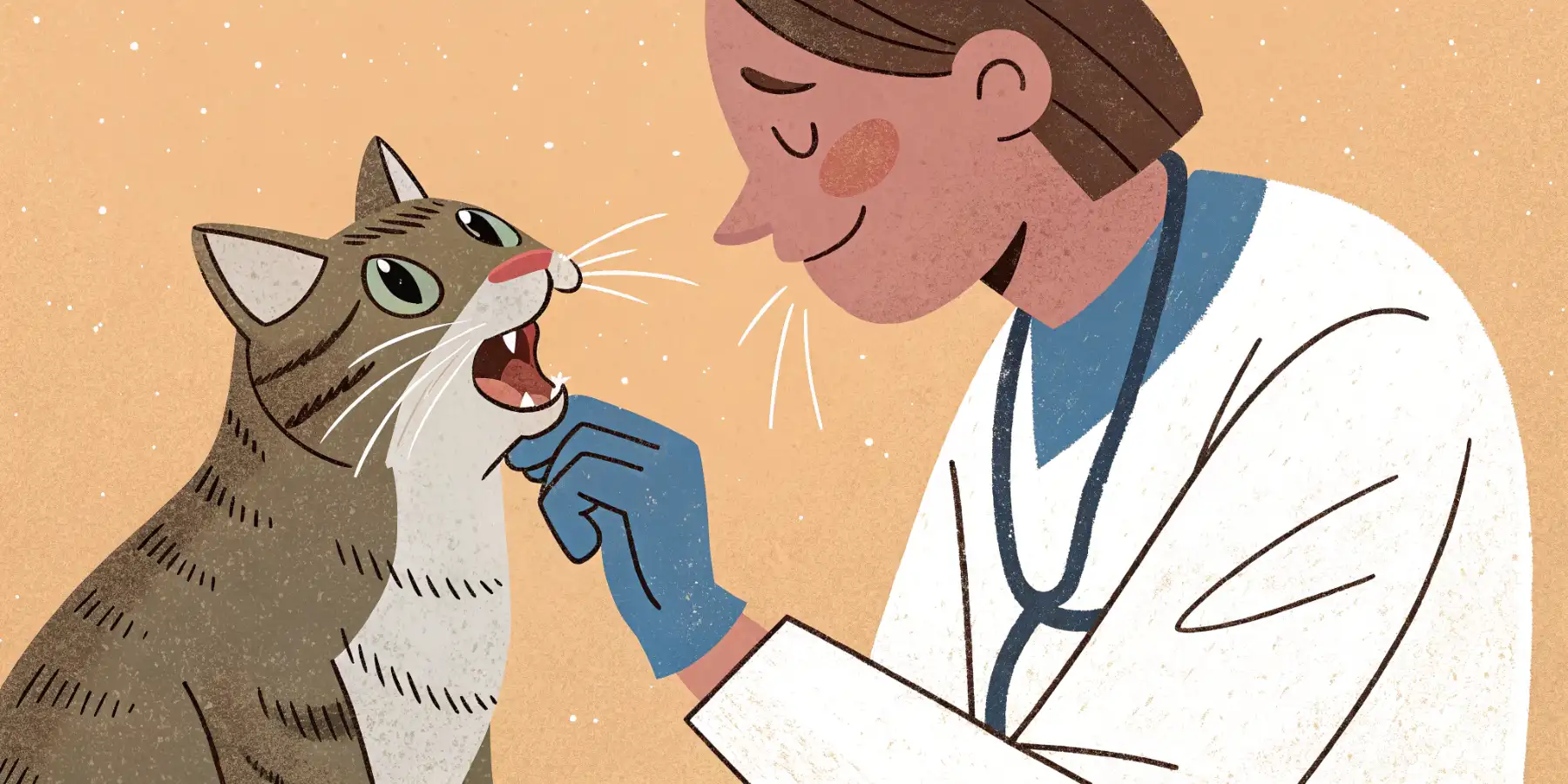
Image: A veterinarian carefully examines the teeth of a senior cat during a routine check-up, highlighting the importance of dental care for older felines.
Essential Diagnostic Screening for Senior Cats
Diagnostic screening goes beyond the physical exam and provides valuable insight into your cat’s internal health. These tests can help detect problems that might not be obvious during a physical examination. Common screening tests include:
- Complete Blood Count (CBC): A CBC evaluates the different types of blood cells and can help detect infections, anemia, and other blood disorders.
- Blood Chemistry Profile: This test assesses the function of major organs like the kidneys, liver, and pancreas. It can detect signs of kidney disease, diabetes, liver disease, and other metabolic disorders. In my experience, this is one of the most valuable tests for senior cats, as it often reveals early signs of kidney disease.
- Urinalysis: A urinalysis evaluates the urine for signs of infection, inflammation, and kidney disease. It can also help detect glucose in the urine, which is a sign of diabetes.
- Thyroid Testing (T4): Hyperthyroidism, or an overactive thyroid gland, is a common condition in senior cats. Measuring thyroid hormone levels can help diagnose this condition.
- Fecal Examination: A fecal exam checks for intestinal parasites that can cause gastrointestinal upset and weight loss.
- Blood Pressure Measurement: High blood pressure (hypertension) is common in senior cats and can damage organs like the kidneys, heart, and eyes.
- Radiographs (X-rays): Radiographs can help visualize internal organs and bones, allowing your veterinarian to detect conditions like arthritis, heart enlargement, and tumors.
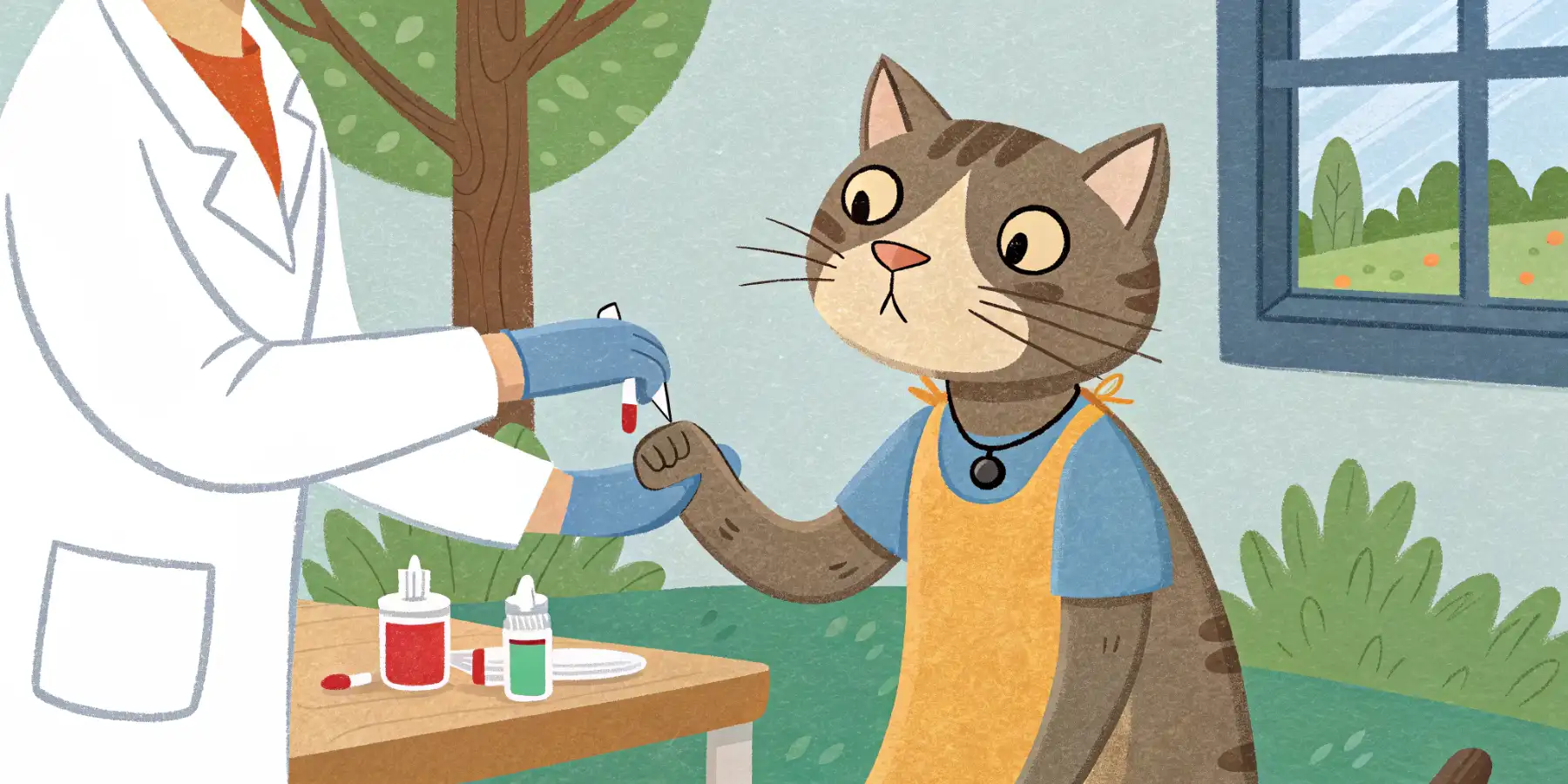
Image: A calm senior cat receiving a blood draw for diagnostic testing, demonstrating a routine procedure in veterinary care.
Addressing Common Senior Cat Health Issues
Senior cats are predisposed to certain health conditions, including:
- Kidney Disease: This is a leading cause of illness and death in senior cats. Early detection and management with diet, medication, and fluid therapy can significantly improve their quality of life. The best food for senior cats with kidney disease is often a prescription diet formulated to be lower in protein and phosphorus.
- Hyperthyroidism: This condition can cause weight loss, increased appetite, hyperactivity, and heart problems. Treatment options include medication, radioactive iodine therapy, and surgery.
- Diabetes Mellitus: Diabetes can cause increased thirst and urination, weight loss, and lethargy. It is often managed with insulin injections and dietary changes.
- Arthritis: Arthritis can cause pain, stiffness, and decreased mobility. Pain management options include medication, joint supplements, and physical therapy. I believe that a comfortable bed and easy access to food and water bowls can significantly improve the quality of life for cats with arthritis.
- Dental Disease: Untreated dental disease can lead to pain, infection, and even organ damage. Regular dental cleanings and home dental care are essential.
- Cancer: Cancer is more common in senior cats than in younger cats. Early detection and treatment can improve the chances of a successful outcome.
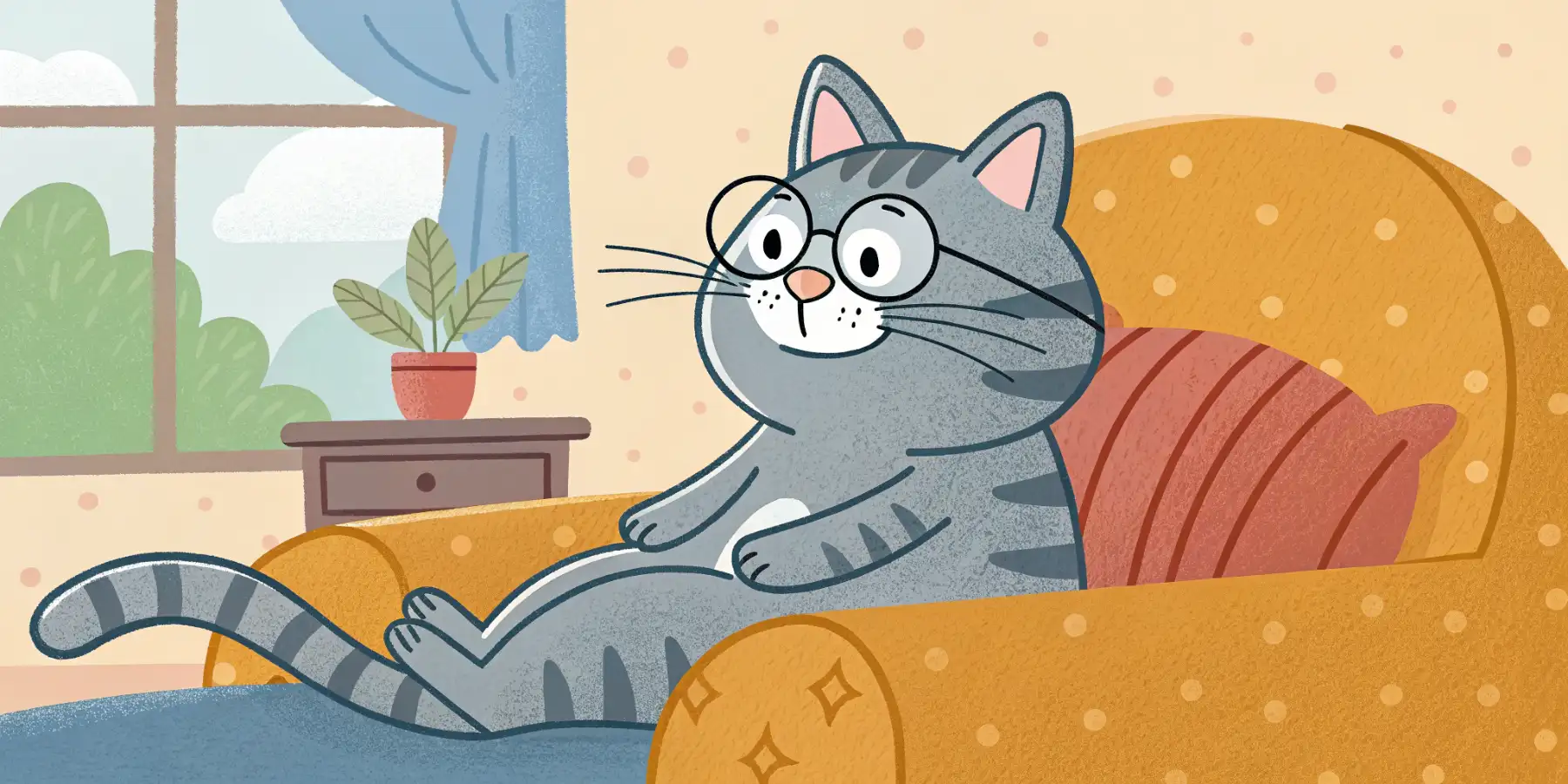
Image: A content senior cat relaxing at home, emphasizing the goal of providing a comfortable and fulfilling life for aging feline companions.
Making the Most of Your Vet Visit
To make the most of your senior cat’s veterinary check-up, be prepared to discuss any changes you’ve noticed in their behavior, appetite, or activity level. Bring a list of any medications or supplements your cat is taking. It’s also helpful to bring a stool sample to your vet appointment. Don’t hesitate to ask questions and express any concerns you have about your cat’s health.
The Importance of a Strong Veterinarian-Client Relationship
Building a strong relationship with your veterinarian is crucial for providing the best possible care for your senior cat. Choose a veterinarian who is experienced in geriatric medicine and who takes the time to listen to your concerns and answer your questions. A good vet will work with you to develop a personalized care plan that meets your cat’s individual needs. Finding a cat-friendly veterinary clinic near me can also reduce stress for your feline friend.
Conclusion: Investing in Your Cat’s Golden Years
Senior cat veterinary care, including semi-annual check-ups and diagnostic screening, is an investment in your cat’s health and well-being. By proactively addressing age-related health issues, you can help your feline friend enjoy a long, happy, and comfortable life. Remember, preventative care is always the best medicine!
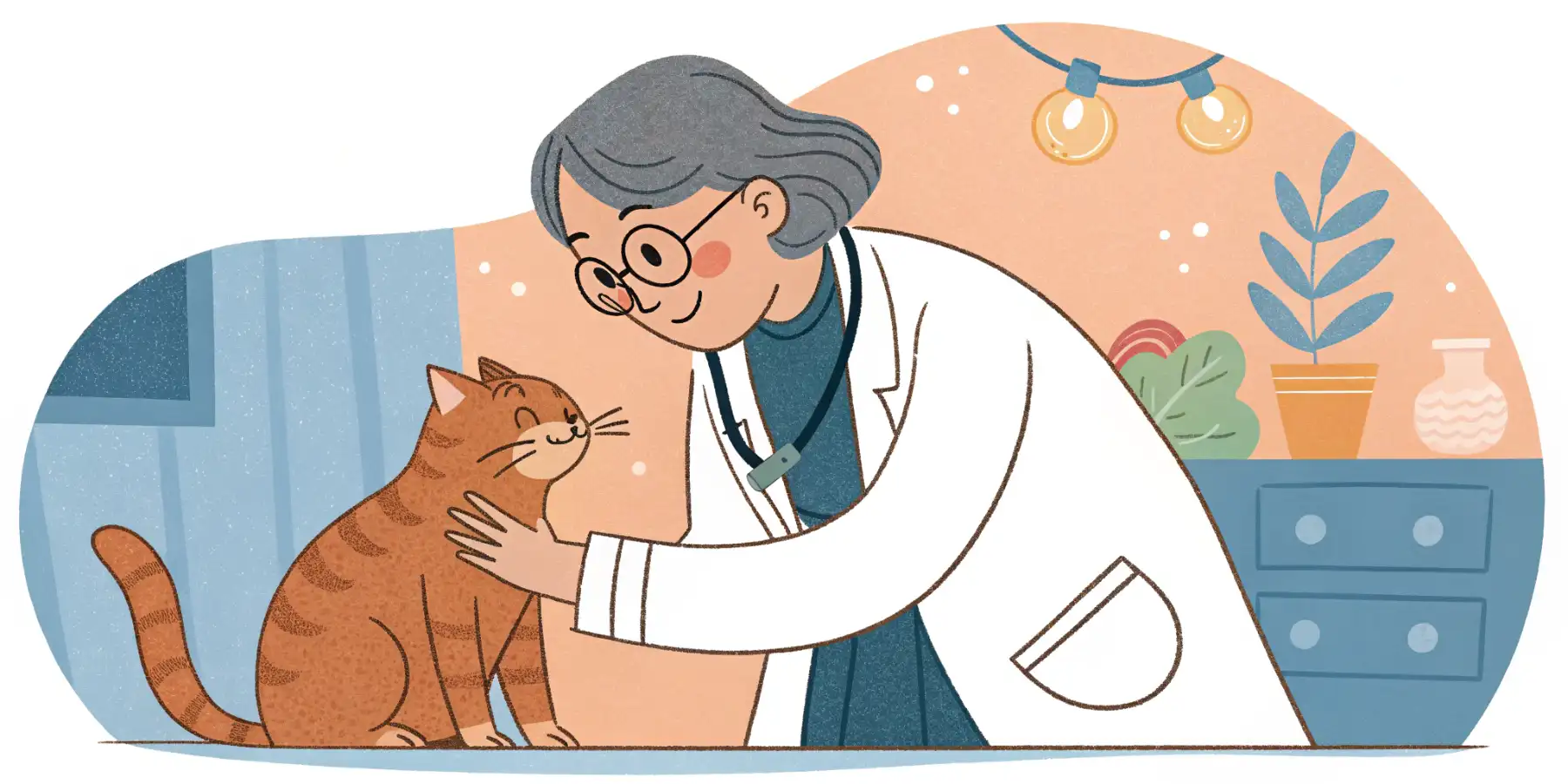
Image: A compassionate veterinarian gently pets a senior cat, illustrating the importance of trust and care in veterinary practice.
